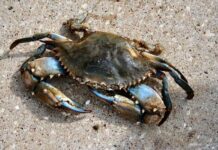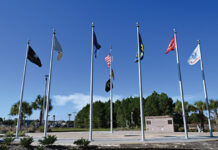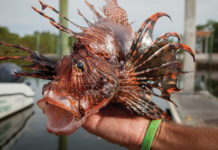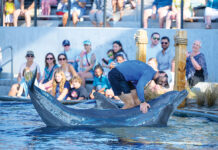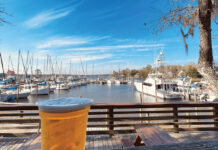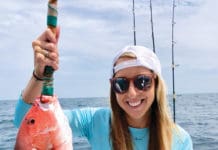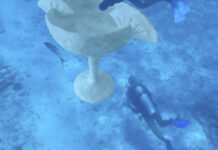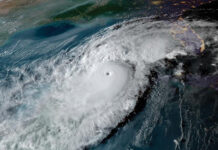Signs of spring – balmy weather, blooming flowers and nesting birds – are occurring. Warmer temperatures also mean alligators are more active and visible. The Florida Fish and Wildlife Conservation Commission (FWC) recommends taking precautions when in and around the water:
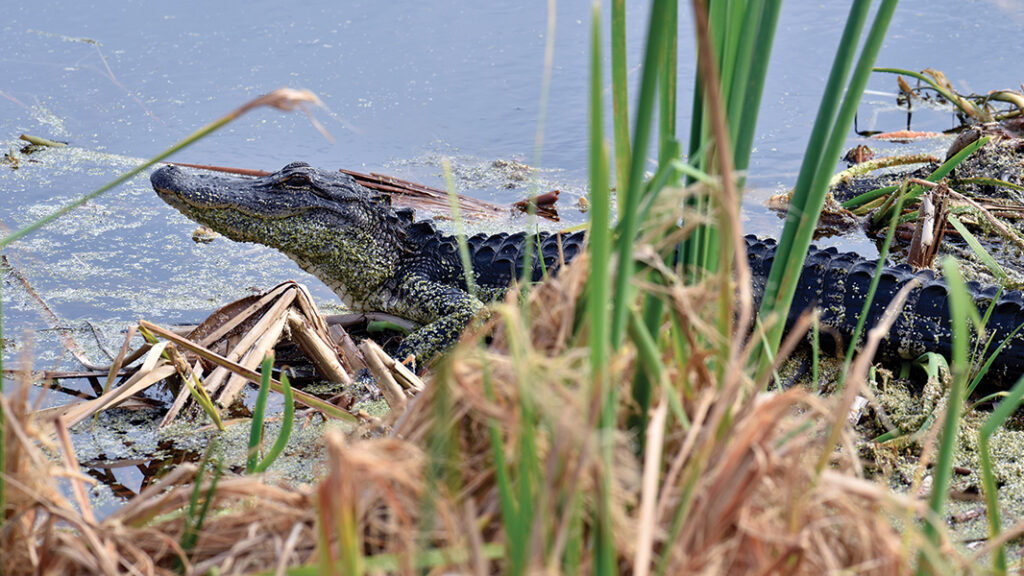 While serious injuries caused by alligators are rare in Florida, the FWC offers the following tips about how to safely co-exist with them:
While serious injuries caused by alligators are rare in Florida, the FWC offers the following tips about how to safely co-exist with them:
– Keep a safe distance if you see an alligator and never feed one. When fed, alligators can lose their natural wariness and instead learn to associate people with the availability of food.
– Swim only in designated swimming areas during daylight hours. Alligators are most active between dusk and dawn.
– Keep pets on a leash and away from the water’s edge and never let them swim in fresh or brackish water. Pets often resemble alligators’ natural prey.
Call the FWC’s Nuisance Alligator Hotline at 866-FWC-GATOR (866-392-4286) if you believe an alligator poses a threat to people, pets or property and the FWC will dispatch a contracted nuisance alligator trapper to resolve the situation. The FWC administers a Statewide Nuisance Alligator Program (SNAP) to proactively address alligator threats in developed areas, while conserving alligators in areas where they naturally occur.
Find more resources about living with alligators at MyFWC.com/Alligator.
The American alligator, Florida’s state reptile, is a conservation success story. Florida has a healthy and stable alligator population, which is estimated at 1.3 million alligators of every size. They are found in freshwater lakes, ponds, swamps and slow-moving rivers in all 67 counties in Florida. Learn more about alligators at MyFWC.com.



